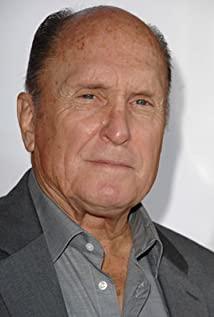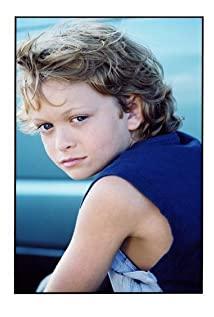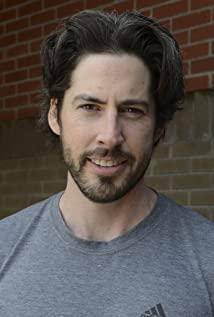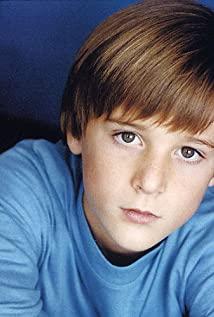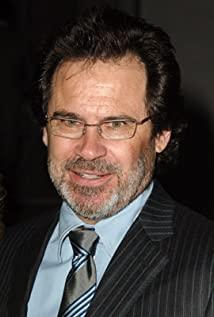The translated name "Thank You for Smoking" is ironic in itself, just like someone said thank you to your whole family, and you know with your toes that the other party is hurting you.
Thank you for smoking is the same. Smoking is harmful to the body. With the support of modern medicine, it is basically a matter of conclusion. Mingtang’s gratitude is actually an irony. Of course, from the perspective of the tobacco company, this thank you is another. It's a good taste.
Regardless, it's a satirical movie indeed.
The protagonist of the movie is Nick, a spokesman for a tobacco company. The so-called spokesperson is a person who, on the one hand, develops smokers and promotes tobacco, and on the other hand, tries to deal with anti-smoking groups, environmental protection organizations, and scientific groups by relying on a three-inch tongue. In other words, he is the spokesperson for the interests of the tobacco industry.
The job of a spokesperson is to argue, how to argue, and sophistry.
In this sophistication drama, there are many participants and onlookers.
"Tobacco Company"
The idea of the tobacco company is actually very simple, and it is dedicated to selling cigarettes. why? make money.
Do tobacco company bosses know that smoking is harmful to health? knowledge. This is also an unshakable and decisive premise. Without this premise, there is no need for sophistry, and all objections can be refuted openly. However, profitability is the essence of business. Tobacco is no better than drugs, so there is room for manoeuvre, so it has a legal business status.
It's legal to buy and sell, why not do it?
The only trouble is with groups that cling to the premise that smoking is bad for your health, which is why they need sophistry spokespeople to deal with them.
"Scientific Society"
The idea of the scientific community is also very simple. Tobacco is harmful to human health. If it should be banned, it should be banned. The current legal tobacco trade itself is a mistake. What they have to do is to try to correct this mistake.
Therefore, they dig out the claims of tobacco victims, hold demonstrations, and seek various publicity channels to achieve the purpose of smoking ban. When they found it impossible to completely ban the tobacco business, they settled for the next best thing, knocking a skull on a cigarette pack.
"Smokers and Non-Smokers"
In fact, in the eyes of tobacco companies and scientific groups, as long as they are not staunch anti-tobacco activists, there is not much difference between non-smokers and smokers, because under the strong propaganda offensive, non-smokers can develop into a smoker. Therefore, non-smokers are the targets of the tobacco companies' instigation, and the smokers are also the targets of the scientific groups.
In general, these two types of people are the main battlefield of the tobacco industry, the dual battlefield of business and public opinion. If the relevant work is done well, it can consolidate the results and expand the territory. If it is not done well, customers will be lost. Lost money.
"Agent"
From the above, it can be seen that the spokesperson is actually a figure sandwiched between the above three. He is employed by a tobacco company, strives to maximize the interests of the industry, deals with anti-smoking groups, and tries every means to block its mouthpiece and speak out among the people. agitate public opinion.
Such a person must be shrewd in all directions, both sides, not talking about "reasons", but only sophistry.
Nick is exactly that kind of person.
In the opening paragraph, on the TV program, the anti-smoking group brought up a teenager who suffered from cancer due to smoking. The appearance of the teenager made the conclusion that "smoking is harmful to health" set by Tie more unbreakable. However, with just a few words from Nick, this deadly crisis disappeared.
"Tobacco companies don't want people to get sick, anti-smoking groups do. The more people get sick, the more money and reputation they get. Tobacco companies only want people to be healthy because that's the only way they can make money."
The question thrown by the opponent was very aggressive, so Nick avoided it, changed the angle, and took a bite. Undoubtedly, he is sophistry, but what makes this sophistry capable of fighting back is because what he said is not a lie, or at least not all lies. These remarks have poked a big hole in the mask of morality. Tobacco companies are profit-seeking, but the anti-smoking groups have ulterior motives?
As the object of the two parties' efforts to persuade, the audience is responsible for the swing of public opinion. The young man's appearance was very powerful, so the audience sympathized with him and began to think that tobacco was not good. Then Nick's counterattack was quite reasonable, so the audience felt that the tobacco industry was not too bad.
Under sophistry, public opinion is like a ball that is swayed from side to side.
Of course, such forced categorization seems blunt or even cold, but these are several aspects of the key irony of this film. These participants or bystanders, the process of debate, that is, the process of self-exposure, exposes the high-sounding truth. Intentions, all kinds of sublime and great items are also converted into plausible unknowns one by one.
This type of satire is indeed not hot, but it is not a cold movie either, mainly because of the character of Nick.
The film uses a lot of space to depict the emotional relationship between Nick and his son, and even, in the final debate, brought the question of whether or not to support his son's smoking to a climax. As a result, Nick's professional life and his son's emotional life have become an inseparable whole, which is inevitable, but every social person will always have emotions involved in all aspects of him, especially the father-son family relationship.
The involvement of emotion also brings a warm tone to the cold sophistry, and the spokesperson of the all-rounder will actually be entangled and will fall into emotional struggle. The most direct evidence is his ultimate departure from his identity as a tobacco spokesperson. Indeed, he won the debate beautifully. He simply said, "If he really wants to smoke, I will personally buy him the first pack of cigarettes". But his subsequent deviance was equally a clear statement: he won by his sophistry, by his firmness in his position, by winning for the sake of winning.
In this way, it is no longer just a satirical story before us, but the essence of sophistry is fundamentally revealed through humorous and sharp dialogues——
A falsehood is repeated a thousand times and it becomes the truth.
Black and white can be reversed, right and wrong can be blurred, the skull on the cigarette case, it's just a cover.
View more about Thank You for Smoking reviews







